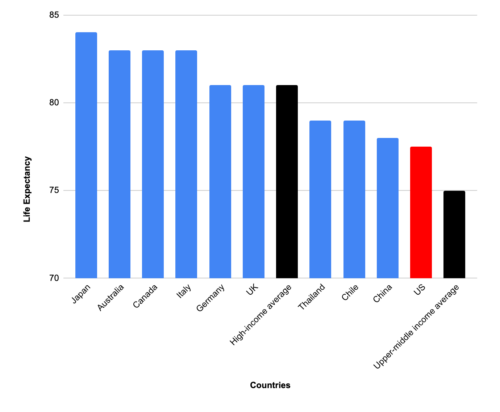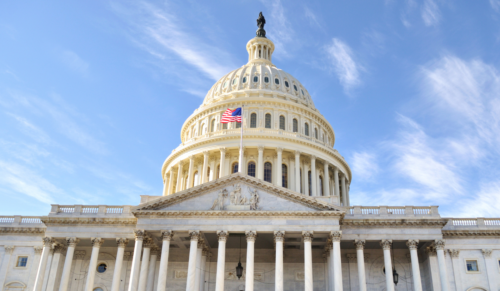Five important lessons about America’s long war against Islamist extremism
By: / 09.24.2014
Yesterday’s airstrikes on Islamic State and other terrorist targets in Syria yield five important lessons about America’s long war against Islamist extremism:
First, Syria has become a haven for jihadist terrorism. The United States and its allies struck the IS headquarters in Raqqa and other targets along its supply lines into Iraq. U.S. forces also hit the Aleppo base of the Khorasan Group, a gang of al Qaeda veterans whose mission is to stage terrorist attacks against Western targets, including civilian airliners. As both Hillary Clinton and Leon Panetta have suggested, early and effective U.S. support for indigenous Syrian rebels might have prevented these foreign jihadis from setting up shop in Syria. Non-intervention is not a painless or risk-free option for Americans, no matter how weary we may be of war.
Second, the administration deserves credit for assembling a regional alliance with Sunni Arab states. Forces from Saudi Arabia, Jordan, the United Arab Emirates and Bahrain participated in yesterday’s strikes, while Qatar offered political support. This underscores both that the United States is not taking sides in a Shia-Sunni civil war, and that moderate Sunnis are taking responsibility for confronting violent extremists in their midst.
Third, the Islamic State can be degraded from the air, but ultimately must be defeated on the ground. Air attacks can buy time for the United States and its allies strengthen Iraqi forces and the Free Syrian Army so that they can eventually drive IS out of their countries. A critical question is whether other regional partners can be induced to contribute to the fight on the ground.
Fourth, President Obama needs to level with the American people about the nature and duration of this conflict. What we are really up against, the enduring source of instability and danger, is not any particular group of Sunni terrorists, but the Islamist ideology that motives them. This fight will be more like the Cold War than World War II. It won’t be settled on any battlefield. Only when the jihadist ideology loses its power to inspire young Muslims to kill for a warped vision of a puritanical, all-conquering Islam will the danger pass. That could take a generation. It will require that America and the international community wage – and above all Muslim political and religious leaders – wage a more effective campaign to discredit and marginalize the Islamist death cult.
Fifth, a resolute, long-term strategy to contain and eventually defuse the threat posed by Islamist fanatics must enjoy broad public and political support at home. Rather than invoking post-9/11 legislation, the White House should heed calls from Congressional leaders, such as Sen. Tim Kaine, to seek new authority for this next phase of U.S. counter-terrorism operations. It’s important that our confrontation with Islamist extremists have explicit Congressional backing and be unequivocally Constitutional. At the same time, however, Congress must refrain from tying the executive’s hands, for example, by imposing arbitrary deadlines or geographical limits on its ability to confront threats to our people or our interests.






